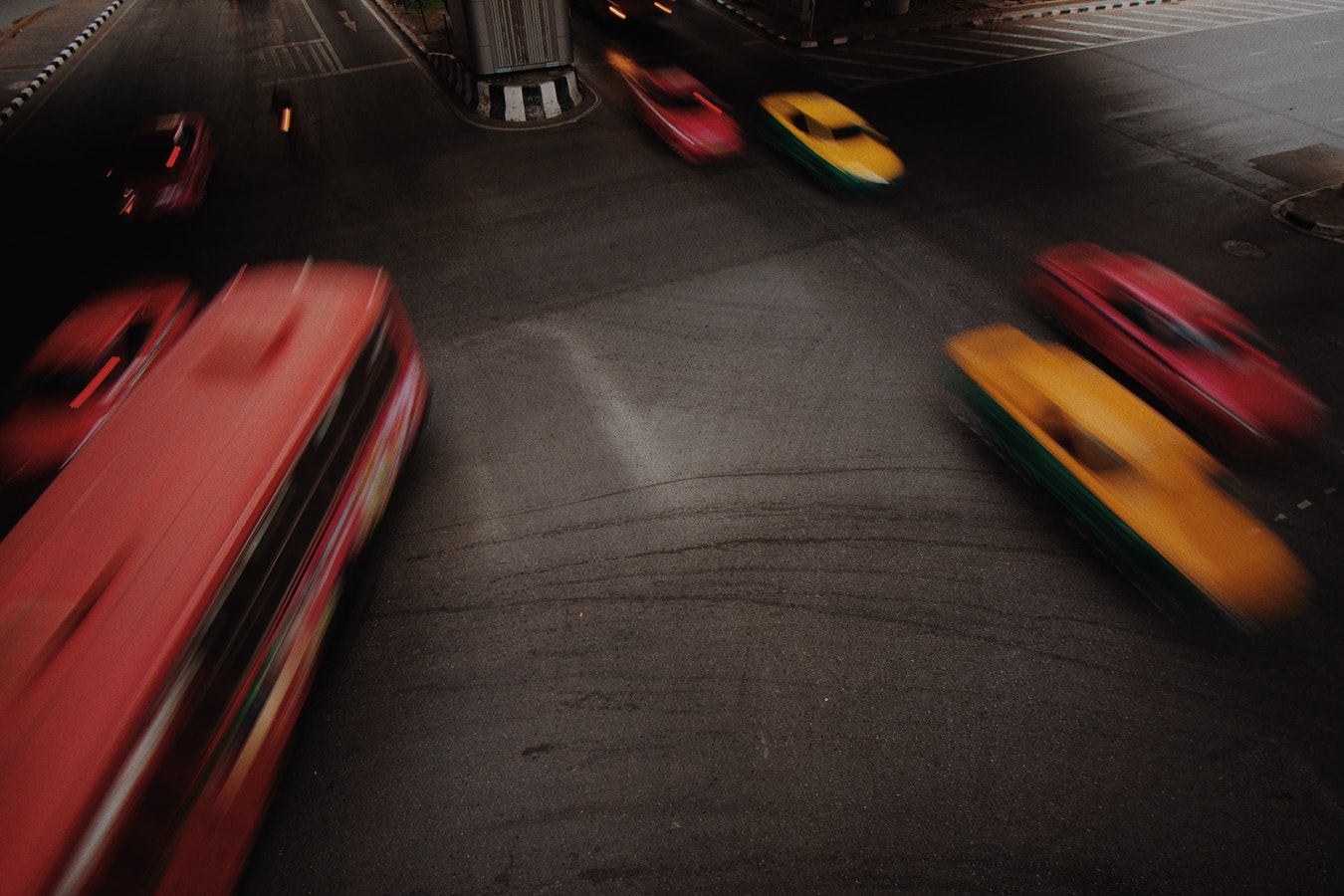Fetish: Selena Gomez on a Disturbing Mental Health Issue
By Nikita Mishra
Queen Sel might have sparked more than a few conversations with her new music video Fetish. Her latest single is a complete 180-degree turn from the cutesy vibe she carries and seems to have baffled fans with layers of intense, dark imagery mainly around her mouth. The ‘Bad Liar’ star has been teasing the video release on her Instagram the last couple of weeks and had Selanators anticipating a steamy number about unrequited love. What they got in return is a LOT more.
The video begins with the 25-year old pop star looking mesmerising in the morning sunlight, walking in an abandoned street to a quaint house, picking peaches, writhing on the kitchen floor, sitting at a candle-lit table as it starts to pour inside the house.
And eating lipstick.

And soap.

And glass. And then she presses her tongue with an eyelash curler. Whatttt the….right? Let’s take a moment.
Unsettling and Intentionally So
Though Selena is yet to talk about her version of the metaphors sprinkled in the video, it clearly edges on mental derailment, addiction, powerlessness… and the unhealthy fetish of love and strange, inedible things.
The condition of eating soap, for example, is medically called pica, which often affects people along with depression and obsessive compulsive disorder (OCD). People feel compelled to consume things like faeces, pins, nails, knives, blades, mud, hair, and other inanimate, sometimes dangerous objects.
“Pica definitely needs to be addressed because of the dangers associated with it. Growing up, a lot of kids suffer from pica to some extent but they generally outgrow it,” Dr Anjali Karia, Consultant Psychiatrist in Mumbai tells The Health Collective. “We don’t know exactly why this happens but it is linked to nutritional deficiencies of zinc and iron. The worrying part is when it strikes adults and they are totally helpless even though they realise it can be toxic. Many times it is co-morbid with other psychiatric disorders like depression, anxiety, developmental disabilities or OCD,” she adds.
With this single, the reigning queen of Instagram cultivates a platform where people can talk about their addictions or obsessions. The overall mental breakdown in this dark, fluttering track, the undertones of self harm are real mental health issues gripping our often fragile, overwhelmed, over-stressed population.
Anxiety and depression are clinical disorders that grip one out of four adolescents or adults in the world, according to the World Health Organisation. It cuts across countries and demographics. Here in India, self-harm is the top reason for adolescent and youth deaths in the 15 to 24 age group. It takes 60,000* lives each year (according to a study conducted by the Institute for Health Metrics and Evaluation, based on 2013 data). It leaves an even bigger number disabled.
Talking About Health Issues Is Not New to Selena
In 2015, Selena opened up about the brief career hiatus she took to check herself into rehab. While entertainment glossies went into overdrive mode speculating about her possible drug addiction and substance abuse; behind closed doors, the global sensation was struggling with lupus and undergoing chemotherapy.
“I wanted so badly to say, ‘You guys have no idea. I’m in chemotherapy. You’re assh****. I locked myself away until I was confident and comfortable again. It’s so disappointing that I’ve become a tabloid story. The hate motivated me. – Selena Gomez to Billboard Magazine
Also Read: Ask the Experts: Is Therapy for Everyone?
Lupus is an autoimmune disorder where the immune system attacks healthy cells, making the diagnosis and treatment very difficult. There is no cure. The disease is unpredictable and will never go away. One of the side-effects of lupus is anxiety and depression, both linked with compulsive eating behaviours like pica.
Selena has been vocal about mental health issues in the past as well. In 2016, she cut short her Revival tour to check into rehab for 90 days for depression and panic attacks. She visits her therapists five times a week and has been a public advocate of the Dialectical Behaviour Therapy (DBT), a skills-based approach which focuses on mindfulness to quash anxiety and depression.
Go watch the video again. It’s deeply disturbing, but mental illnesses are not fun and games…and it deserves props for getting the conversation started. If only more celebrities could be so forthright and break down the facade of perfection, perhaps the 50 million sufferers of depression, in India itself, would feel less alone.

About the Author:
Nikita Mishra is a health journalist with over nine years of experience in broadcast (CNN-IBN) & digital (TheQuint.com). She is also a lover of cakes, shoes and dreams…and the chaser of an over-smart kid. She welcomes feedback and comments.



